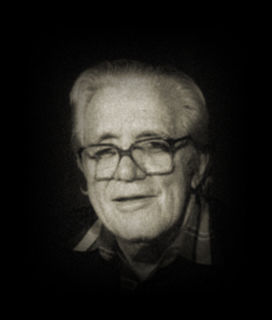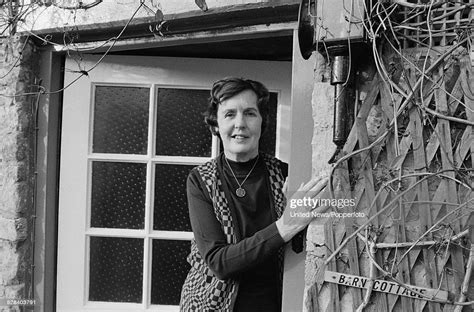A Quote by Laura Mullen
Miss Havisham is a glitch in the smooth functioning of the Patriarchy, enforcing awareness of a moment of social disaster and personal shame, something it seems she would want us to forget (but no one would forget). (Maybe an interesting "discussion question" for readers of Complicated Grief might be, "What do Terry Barton and Miss Havisham have in common?"?)
Related Quotes
Miss Havisham is an important feminine literary figure in the tradition of Antigone (though it's significant that Antigone is fighting to bury something and Miss Havisham refuses, as it were, to bury the corpse). Like Hamlet, she's focused on what everyone would rather not know or would like to forget, and she seems crazy / stuck as well as bitter, but she's also a perfect prototype of a performance artist. She's intentionally hard to deal with inviting the audience to remain with the violated body, the evidence of violence.
It would have been cruel in Miss Havisham, horribly cruel, to practise on the susceptibility of a poor boy, and to torture me through all these years with a vain hope and an idle pursuit, if she had reflected on the gravity of what she did. But I think she did not. I think that in the endurance of her own trial, she forgot mine, Estella.
She wasn't the only one to be physically morphed by reader expectation. Miss Havisham was now elderly whether she liked it or not, and Sherlock Holmes wore a deerstalker and smoked a ridiculously large pipe. The problem wasn't just confined to the classics. Harry Potter was seriously pissed off that he'd have to spend the rest of life looking like Daniel Radcliffe.
We live in a culture that insists on "moving on" (even while our loyalty to and love of the franchise and the sequel give away a larger loopiness). But I tend to dwell or obsess or meditate, and I came back to, for instance, the figure of Dickens's "Miss Havisham" with some (self) recognition if not relief.
We become attached to certain characters in novels, mostly because they have some mystery attaching to them. We re-read the books, but we're still left wanting to know more. In my own case, it was 'Great Expectations' and Miss Havisham in particular. Luckily, writers have the option of making up the knowledge that reading doesn't supply.
Normal adult shopping is something I will never actually do, because it's no more possible for me to go shopping like normal adults do than it is for a man with no legs to wake up one day and walk. I can't miss shopping like you'd miss things you once had. I miss it in a different way. I miss it like you would miss a train.
Perhaps there can be too much making of cups of tea, I thought, as I watched Miss Statham filling the heavy teapot. Did we really need a cup of tea? I even said as much to Miss Statham and she looked at me with a hurt, almost angry look, 'Do we need tea? she echoed. 'But Miss Lathbury...' She sounded puzzled and distressed and I began to realise that my question had struck at something deep and fundamental. It was the kind of question that starts a landslide in the mind. I mumbled something about making a joke and that of course one needed tea always, at every hour of the day or night.
I would like to use this little flower as a metaphor. The five petals of the little forget-me-not flower prompt me to consider five things we would be wise never to forget....first, forget not to be patient with yourself...second, forget not the difference between a good sacrifice and a foolish sacrifice...third, forget not to be happy now...fourth, forget not the why of the gospel...fifth, forget not that the Lord loves you.




































